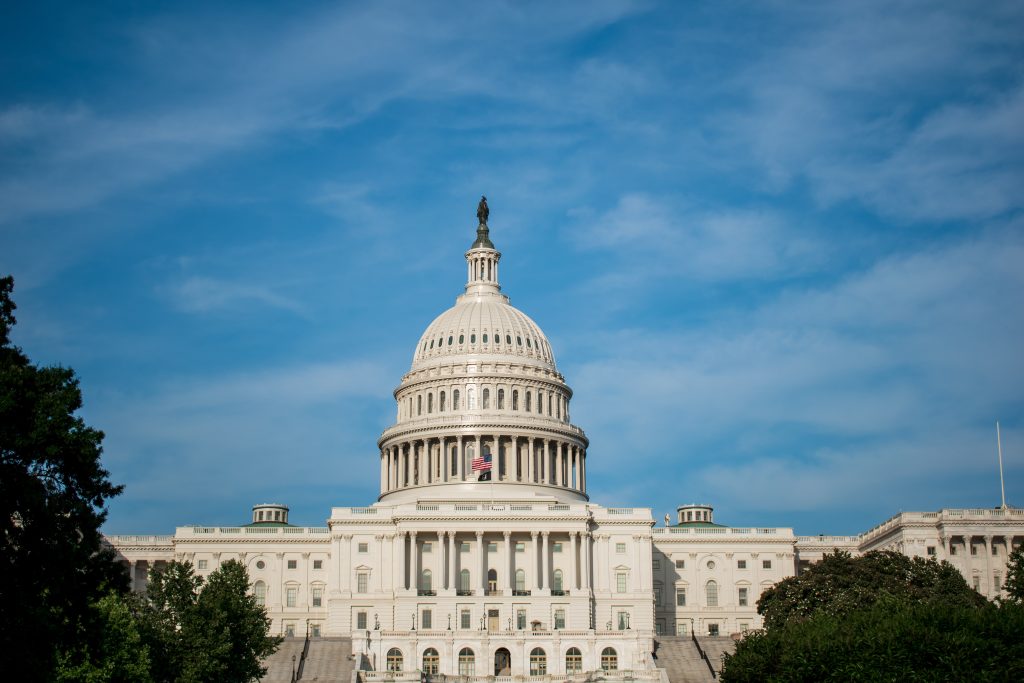In response to the rapid growth of generative AI and its far-reaching implications, the House of Representatives has introduced new regulations surrounding the use of the popular AI chatbot, ChatGPT, by congressional offices. This move highlights Washington’s ongoing efforts to grapple with the challenges posed by this transformative technology both at a legislative and personal level.
Offices can only use ChatGPT Plus for privacy reasons
According to a memo obtained by Axios, Catherine L. Szpindor, the Chief Administrative Officer of the House, outlined the guidelines for ChatGPT usage. Offices are now only authorized to utilize the paid version, ChatGPT Plus, which offers enhanced privacy features essential for safeguarding House data. Additionally, the memo specifies that no other large language models are permitted for use.

The regulations further emphasize that ChatGPT is to be employed solely for research and evaluation purposes, prohibiting its incorporation into regular workflow. Offices are instructed to input non-sensitive data, refraining from sharing unpublished text blocks with the chatbot. Privacy settings, initially disabled, should be activated to ensure interaction history is not stored or used to augment the large language model.
This development aligns with broader efforts in Congress to address the implications of AI. A bipartisan group of senators, led by Senate Majority Leader Chuck Schumer, is actively working on comprehensive legislation. Senators Richard Blumenthal and Josh Hawley have conducted hearings on the subject, with Hawley proposing a framework for corporate accountability. In parallel, individual lawmakers have introduced standalone bills, aiming to contribute to the final regulatory package.
As Axios tech and policy reporter Ashley Gold explains, Congress is not unique in its struggle to integrate generative AI into existing workflows while confronting fundamental questions about the technology itself.
By establishing these new guidelines, Congress aims to strike a balance between leveraging AI’s potential for improving operations and ensuring privacy and data protection. As the conversation around AI regulation evolves, it is crucial to find common ground between innovation and accountability, fostering a responsible and ethically-driven AI landscape.
RELATED:
- The Godfather of AI, Geoffrey Hinton, Reveals the Future of Artificial Intelligence
- Samsung to mass produce HBM chips for AI, competing with SK Hynix
- Best Electric Toothbrush 2023: Elevate Your Dental Care with Cutting-Edge Technology
(Via)







